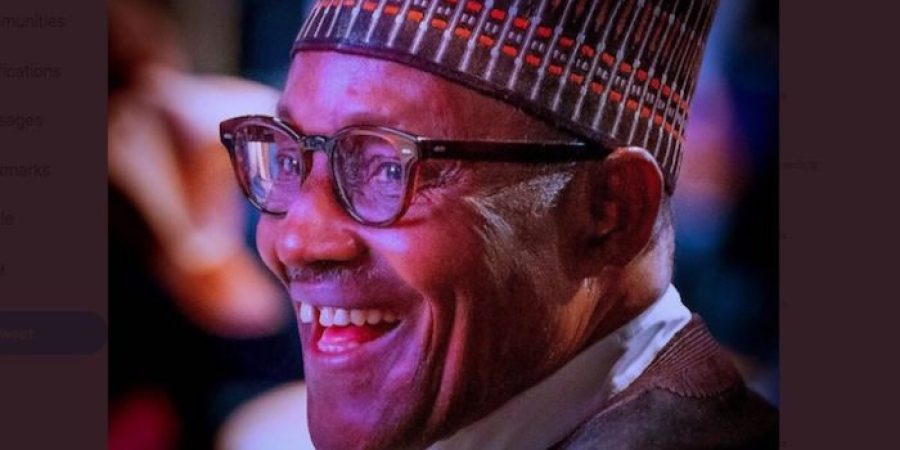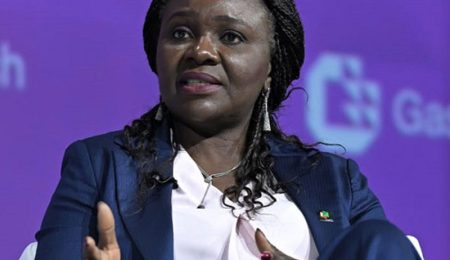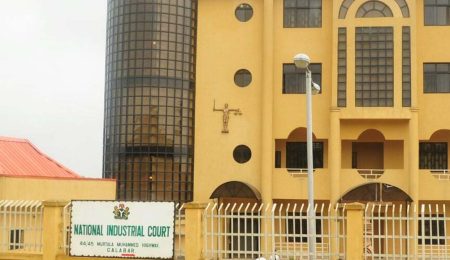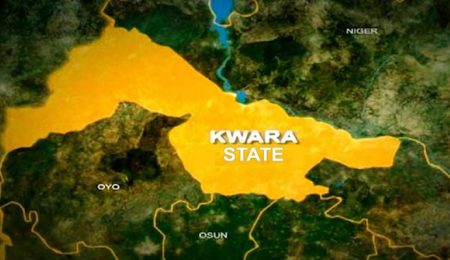The family of former President Muhammadu Buhari, GCFR, has announced his death in a London clinic on Sunday afternoon.
The brief statement, signed by his spokesman Garba Shehu, confirmed the passing.
The statement read: “The family of the former president has announced the passing on of the former president, Muhammadu Buhari, GCFR, this afternoon in a clinic in London. May Allah accept him in Aljannatul Firdaus, Amin.”
Buhari, who served as Nigeria’s President from 2015 to 2023 and earlier as military Head of State from 1983 to 1985, had been receiving treatment in London since April 2025. Initial reports described the visit as a medical check‑up, but sources confirmed he fell ill soon after arriving and remained hospitalised.
During his presidential tenure, Buhari’s frequent and prolonged foreign medical trips sparked both criticism and concerns over domestic healthcare infrastructure.
At 82 years old, Buhari’s passing marks the end of an era.
Born on 17 December 1942 in Daura, Katsina State, Muhammadu Buhari was a retired Major General in the Nigerian Army and a prominent figure in Nigeria’s political and military history.
He first came to national prominence following the military coup of December 1983, which ousted the civilian administration of President Shehu Shagari. Buhari then served as military Head of State from 1983 to 1985 before being overthrown in another coup led by General Ibrahim Babangida.
Known for his strict anti-corruption stance and disciplinarian approach, Buhari’s military rule was marked by the controversial “War Against Indiscipline,” during which he sought to instil order and curb corruption, albeit through methods widely regarded as authoritarian.
Buhari then re-emerged as a democratic contender, contesting and losing presidential elections in 2003, 2007, and 2011. He eventually won the presidency in 2015 under the platform of the All Progressives Congress (APC), defeating incumbent President Goodluck Jonathan — the first time a sitting Nigerian president lost an election.
Buhari was re-elected in 2019 for a second term. His administration was defined by a strong focus on anti-corruption, infrastructure development, and the fight against insurgency, particularly Boko Haram in the North-East.
However, his presidency also drew criticism over worsening insecurity, economic challenges, rising debt, and concerns about human rights and press freedom.
Health issues increasingly became a subject of national debate during his presidency, as he spent considerable time abroad for medical treatment.
Buhari retired from active politics in May 2023, handing over power to his successor, President Bola Ahmed Tinubu. He returned to his hometown in Daura, where he spent his post-presidency years largely away from public view, until reports emerged of his failing health earlier in 2025.
Ozioma Samuel-Ugwuezi
Follow us on:



